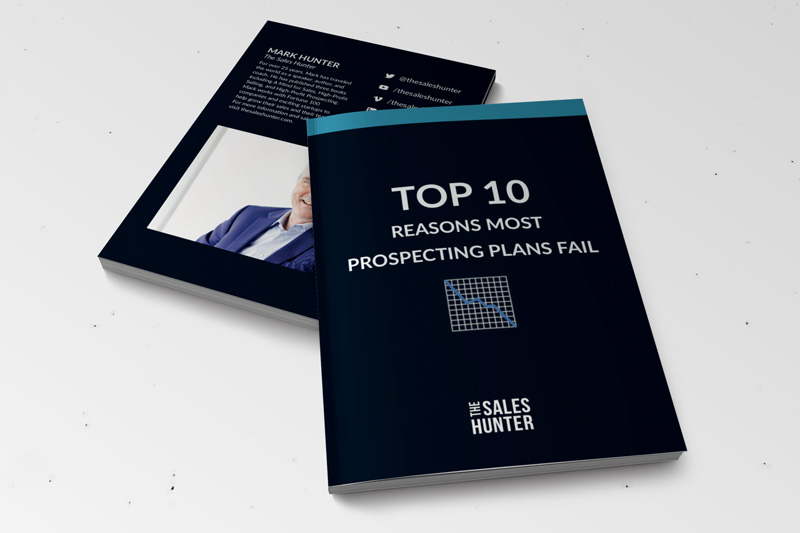 Lately I’ve been getting a lot of questions and insights from clients and others regarding KPIs (Key Performance Indicators.)
Lately I’ve been getting a lot of questions and insights from clients and others regarding KPIs (Key Performance Indicators.)
The use of them is nothing new, and I’ve been a big proponent of using them to help measure the business and, more importantly, for individuals to measure their performance.
Question is, “Are you using KLIs to look at your business?”
You probably have not heard of KLIs before, as it’s a term I developed and use as a critical tool in consulting with clients.
KLI stands for Key Leading Indicators.
These are things we need to monitor closely as a means of gauging what changes a business may need to make to either prevent an issue or capitalize on an opportunity.
Let me give you a few examples, starting at the macro level down to a micro level:
- If you’re a surface transportation company in the U.S., a leading indicator for you might be ocean tonnage and the trends in what is happening in trans-Pacific shipping.
- A labor services company is going to want to understand the jobs created numbers and, at the same time, unemployment rates.
- Software consulting firms may want to monitor closely government regulations being developed and how that might impact needs their clients in the industries they service.
- A salesperson will want to know how their customers are doing financially and what they see as their competitive threats or opportunities.
The examples above start out macro and wind up micro. Idea is for you to understand the Key Leading Indicators that could help you be more proactive in the marketplace.
Each department, team and individual should have their own set of KLIs. My perspective is if we were to place as much focus on KLIs as HR departments tend to put on KPIs, we would be positioned much better in the marketplace.
When I discuss this with sales leaders, I’m amazed at first how quickly they say they’re already doing it, but when I push them to show me how they do it and what they’ve learned, I get a far more timid response.
We all would like to think we’re cognizant of what is happening in the marketplace, but the fact is there is a huge gap between what we think we know, what we need to know and, more importantly, what we need to do as a result of what we know.
Copyright 2015, Mark Hunter “The Sales Hunter.” Sales Motivation Blog. Mark Hunter is the author of High-Profit Selling: Win the Sale Without Compromising on Price.













